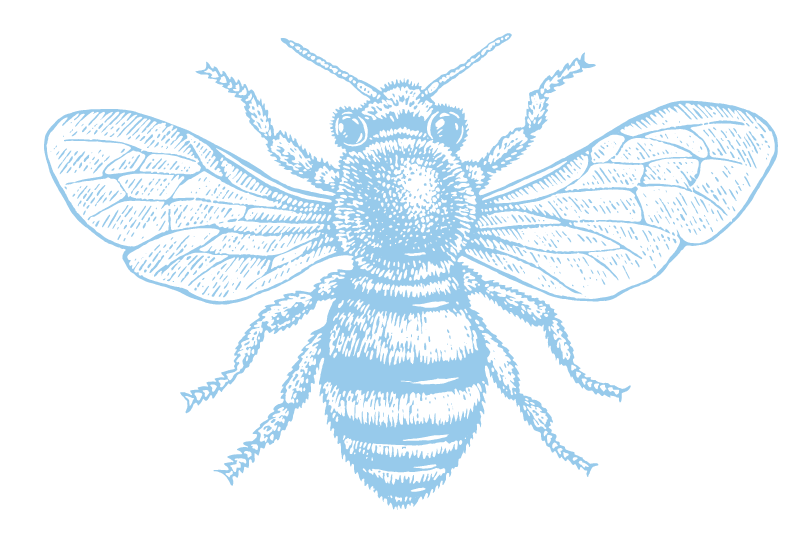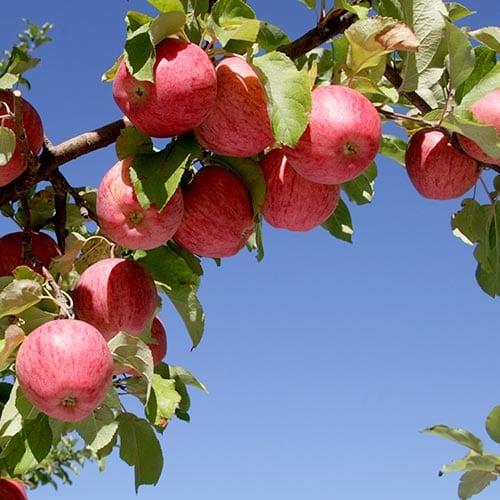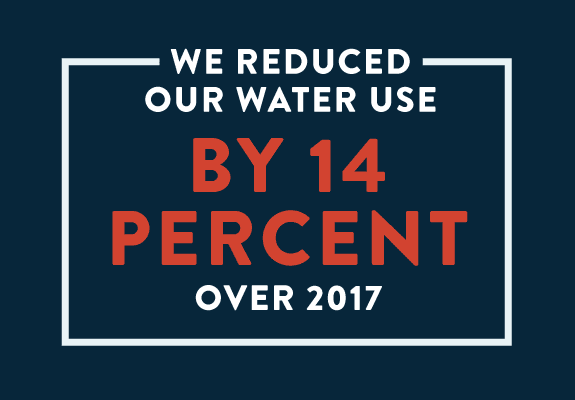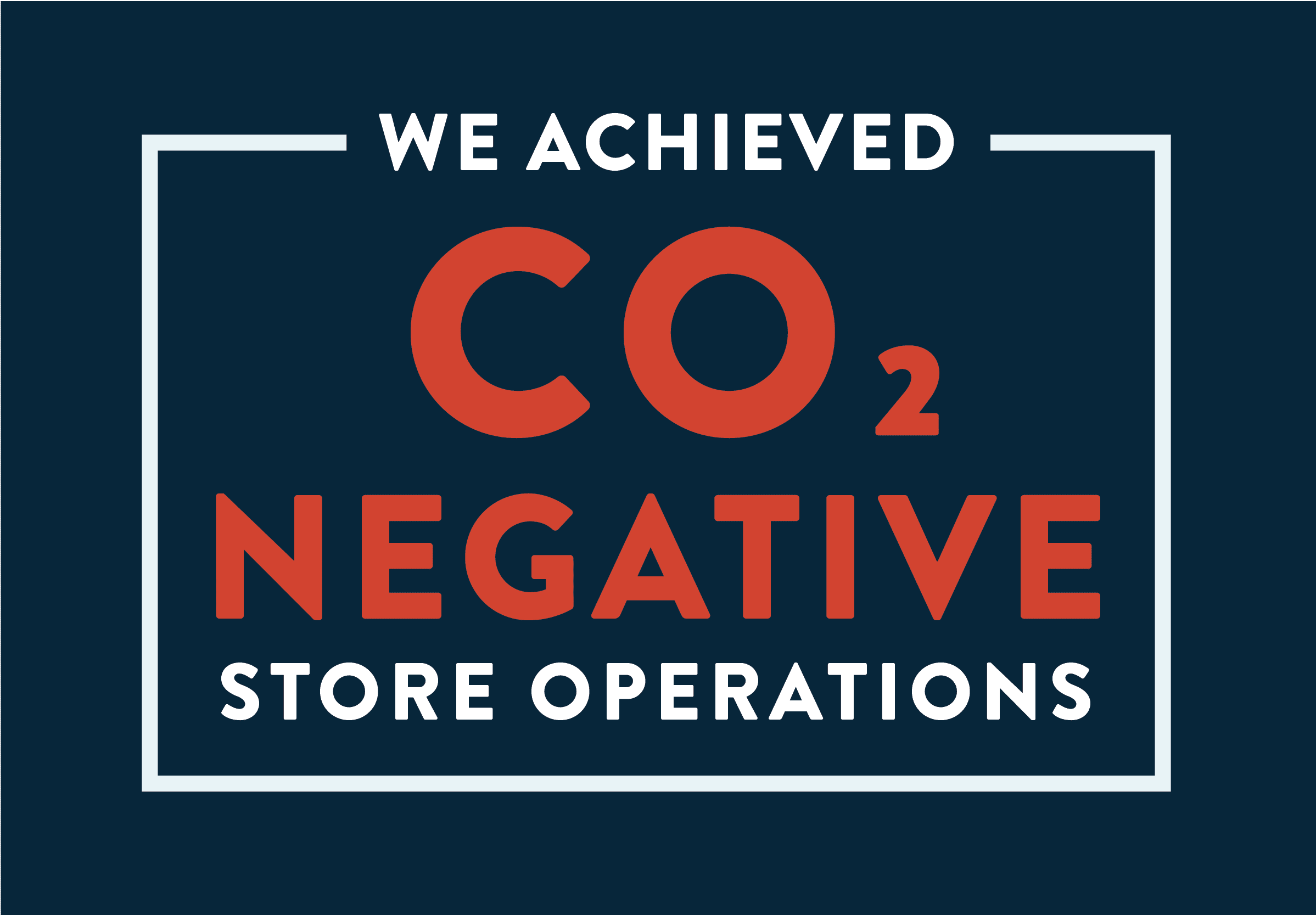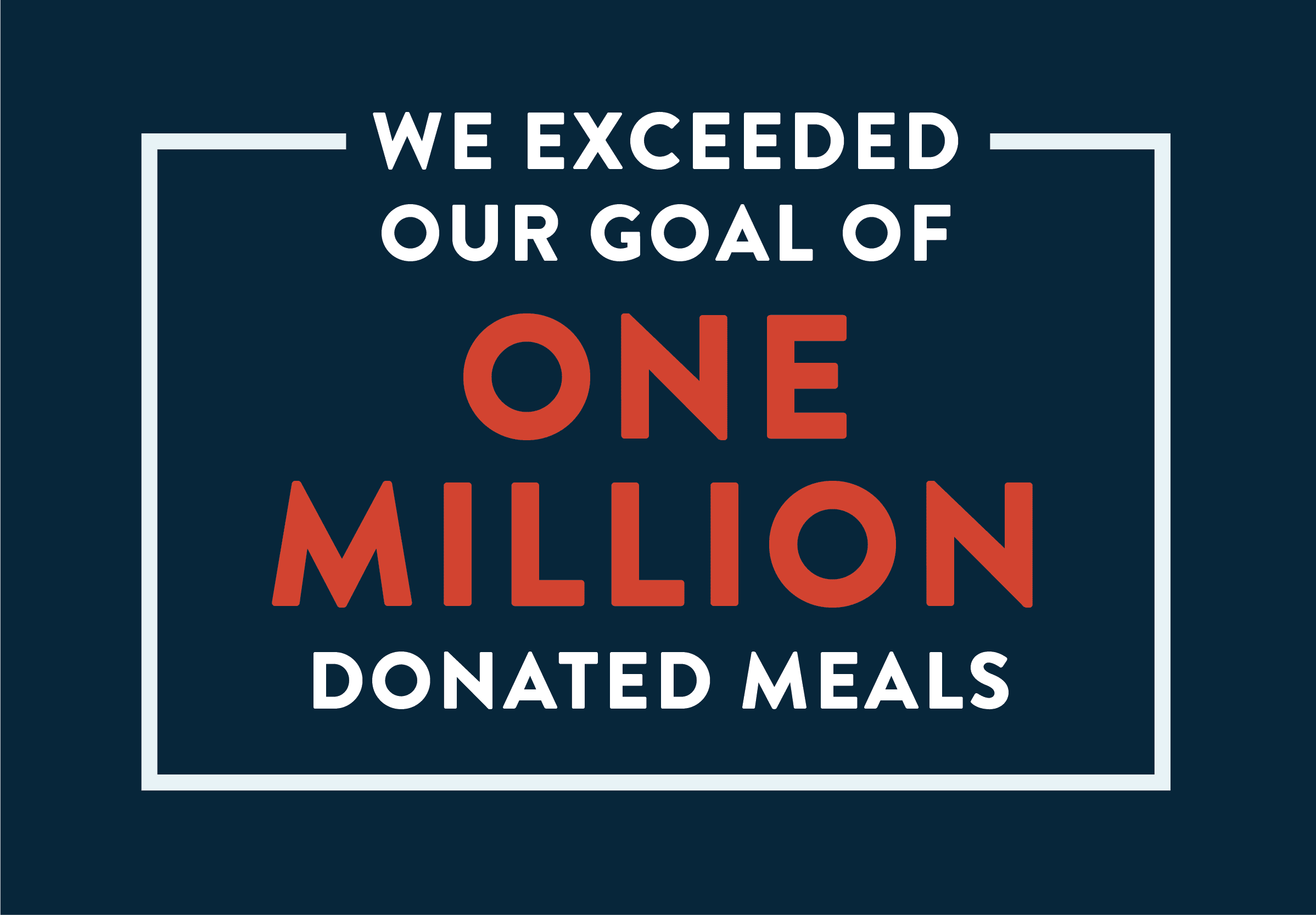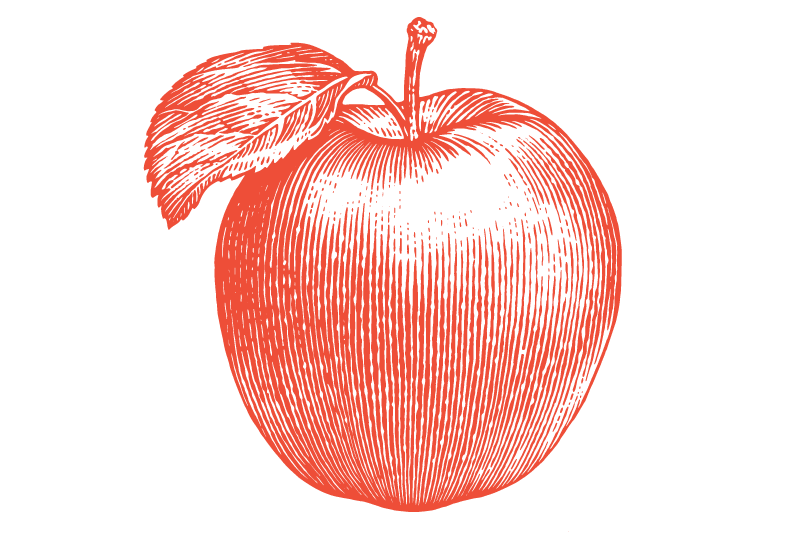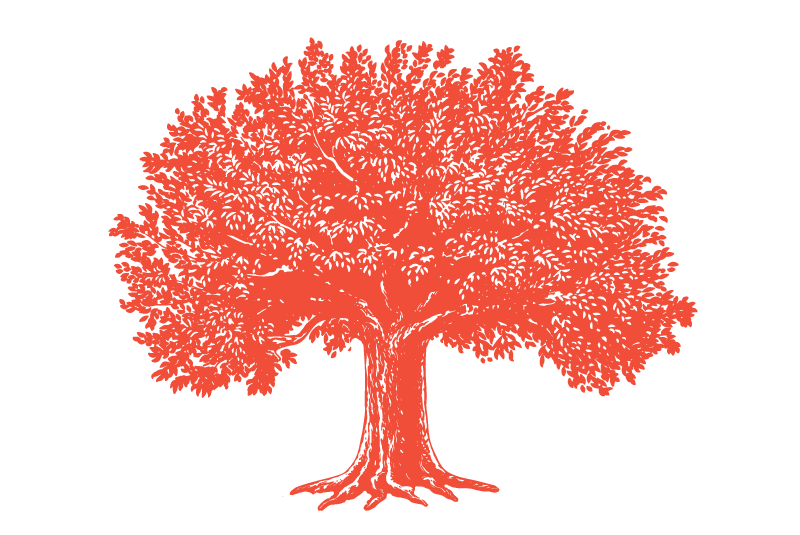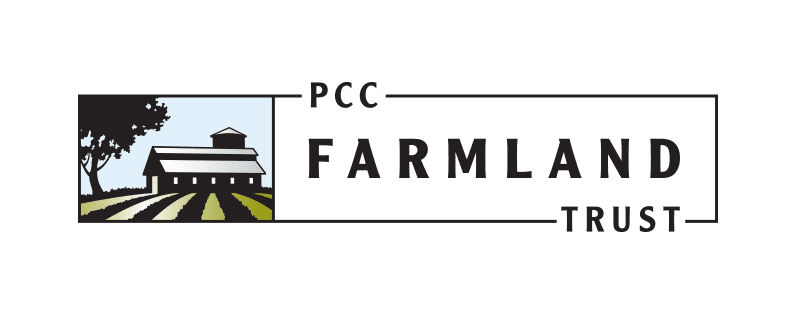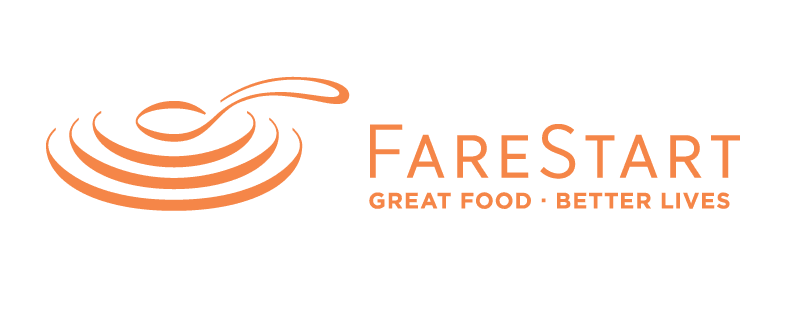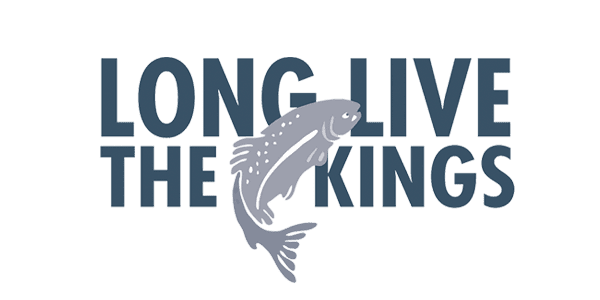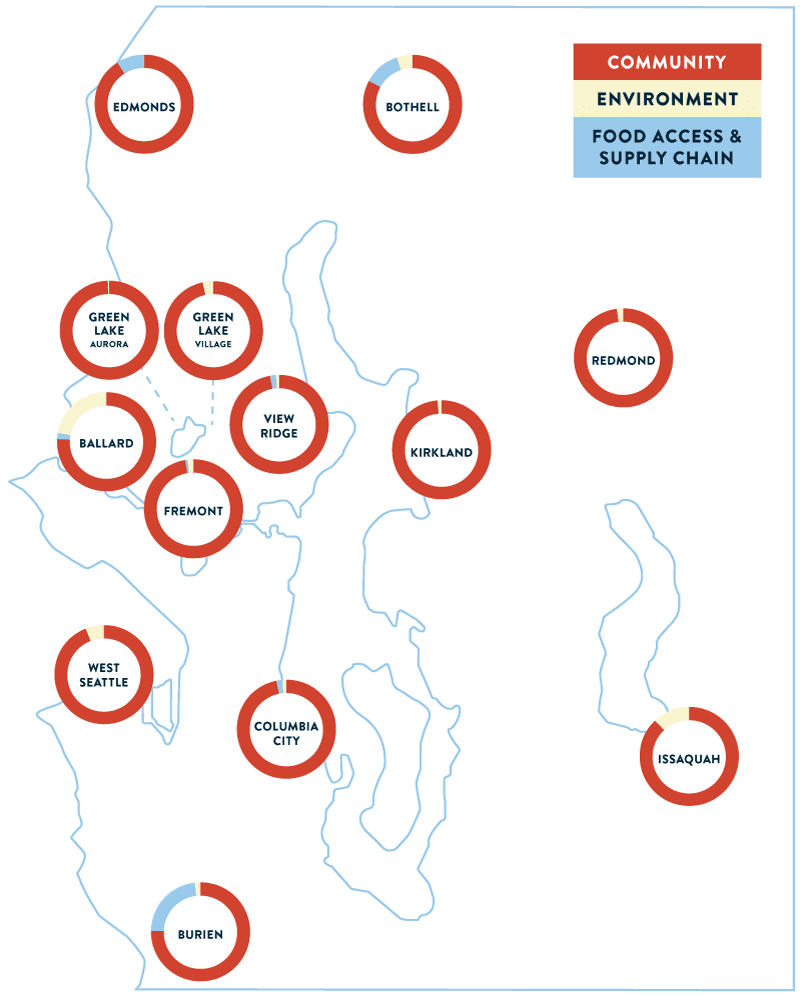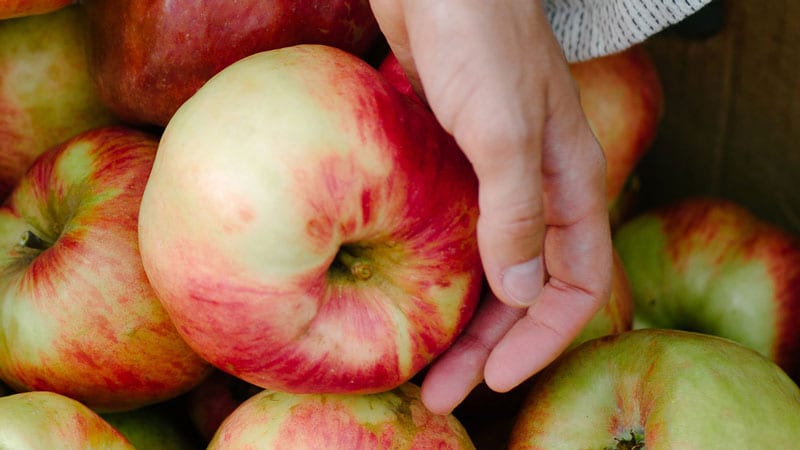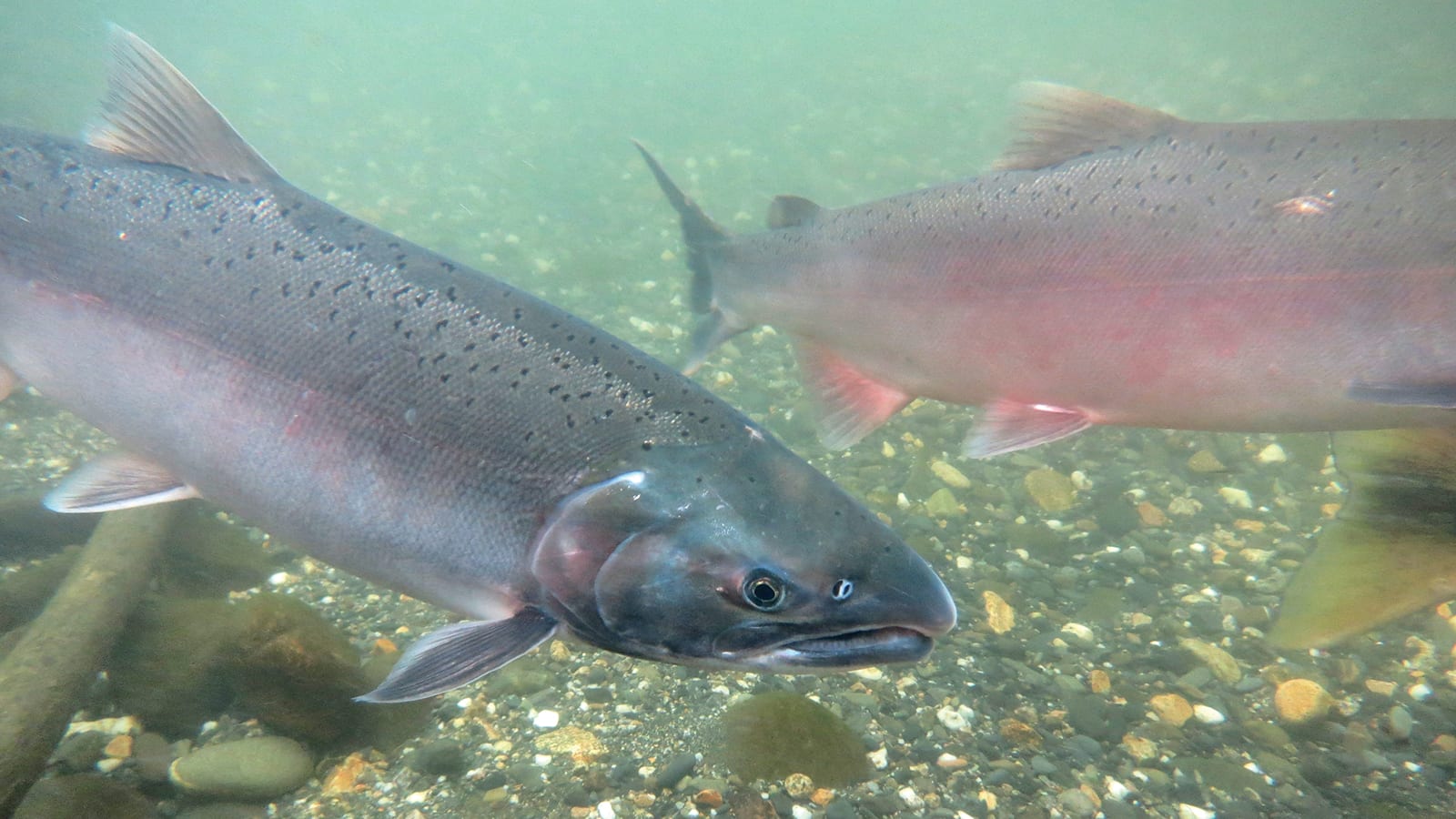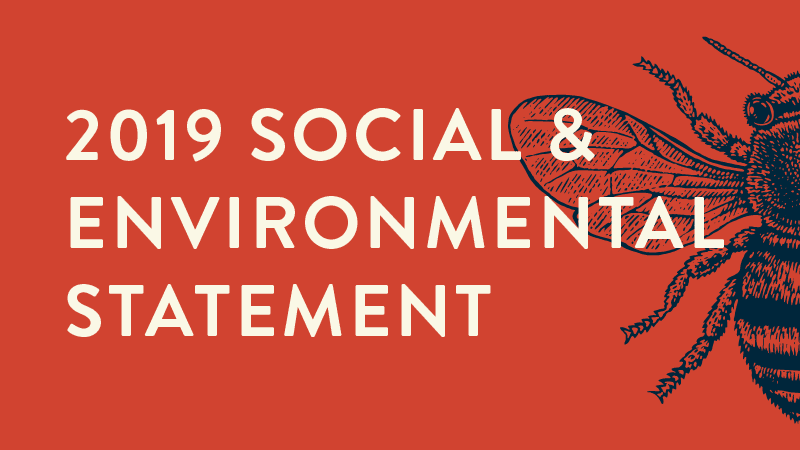Farm to School recipients establish strong relationships with local schools, introducing food system education that complements school curriculum. This reaches students who might not otherwise have the opportunity to learn about their food — let alone grow it for themselves.
Washington Green Schools (WGS) partners with schools across the state, empowering them to achieve eco-friendly goals through Green School Certification, classroom resources and hands-on support. Farm to School funds are used to grow the School Grounds and Gardens facet of certification, specifically to build and maintain school gardens.
“One of the gardens we built was accessible for all students,” said Meredith Lohr, WGS Executive Director.
“Seeing the kids come out and get to plant, even just dig in the dirt, in a wheelchair-accessible garden bed is really rewarding. That’s something that PCC dollars are helping us do.”
To help keep the gardens productive year after year, WGS supports teachers and staff with training and curriculum based on the school’s needs.
“Students led us on a tour of one of our gardens a few months ago, and one kid just reached down and grabbed a handful of kale,” said Laura Collins, WGS Director of Advancement. “It’s raw kale that he’s just munching on. They don’t need to ask if it’s alright. They planted it. They grew it. It’s theirs.”
That ownership combined with curated lessons is what makes this WGS program work. One particularly engaging curriculum is a program called Zombie Guacamole.
“We were seeing a lot of schools wanting gardens,” said Meredith. “At the same time, the city was asking schools to recycle food waste, and requiring students to learn about ecosystems and how energy cycles through ecosystems. We saw an opportunity to link these up.”
During Zombie Guacamole, students make their own compost in jars, adding ingredients to discover what breaks down fastest. Youth learn why it’s important that food waste is composted rather than sent to the landfill where a tub of guacamole might remain bright green for years from failure to decompose — a phenomenon that inspired the name of the program.
One school garden in the Fremont neighborhood is maintained through the summer months by school families.
“Families are harvesting fruits and vegetables from the garden to use throughout the summer,” said Laura. “The garden continues to flourish as new students and families join the community.”
Installing school gardens is resource-intensive, and WGS works hard to keep up with demand as the benefits are realized by more and more schools.
“It’s really wonderful that PCC is calling attention to this growing need and making it a priority. It’s having a huge impact,” said Laura.
